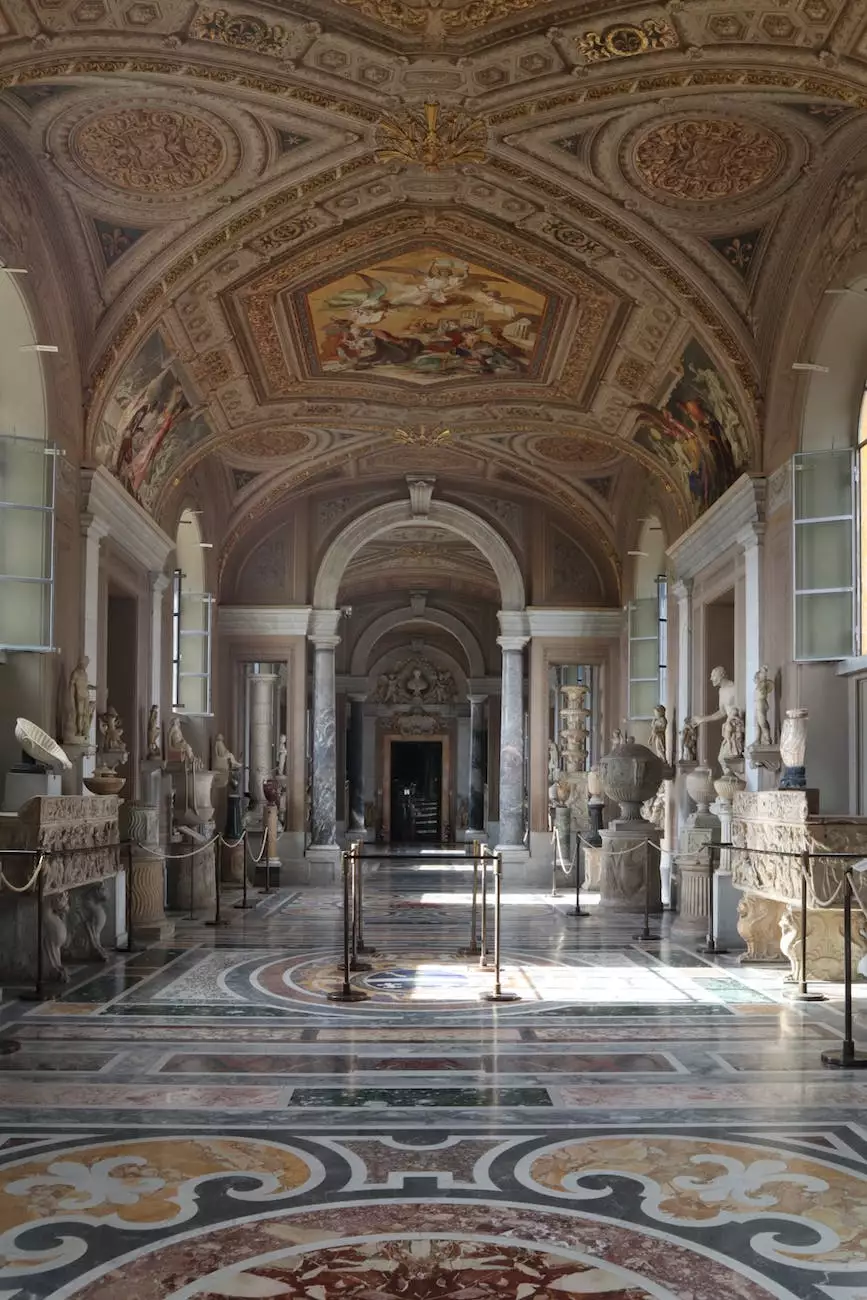The Language of "Titles of Nobility for Sale" Business

Introduction
Welcome to King Roman.org, your authoritative source for exploring the intriguing realm of titles of nobility for sale. In this article, we will delve into the captivating history, cultural significance, and modern applications of these prestigious titles. Whether you are curious about acquiring a noble title yourself or simply intrigued by the concept, this guide will provide you with valuable insights and comprehensive information.
The Historical Context of Titles of Nobility
Titles of nobility have long been associated with prestige, power, and influence. Throughout history, they have played a pivotal role in shaping societies and determining social hierarchies. From medieval Europe to the imperial dynasties of Asia, noble titles have symbolized wealth, lineage, and privilege.
In various cultures, nobility titles often conferred certain rights, such as land ownership, exemption from taxes, or even political power. They were predominantly hereditary, passed down through generations, and served as a testament to a family's esteemed lineage.
The Cultural Relevance of Titles
While noble titles may have originated as a system for social and political structure, they continue to hold significant cultural value in many regions of the world. In some countries, noble titles are revered and preserved as a cherished part of national heritage.
One such example is the United Kingdom, where titles such as Duke, Earl, and Baron still carry immense prestige. The pomp and pageantry associated with British noble titles are reflected in ceremonies like the Changing of the Guard at Buckingham Palace, captivating visitors from around the globe.
Similarly, in Japan, the traditional hierarchy system known as "Kazoku" once governed social order. Members of the Kazoku aristocracy held titles such as Prince, Viscount, and Baron, representing their noble status and contributing to the fascinating tapestry of Japanese history.
Modern Applications of Titles of Nobility
While the traditional notion of noble titles may seem antiquated, they have found new significance in modern times. Today, titles of nobility provide a unique way to honor heritage, establish personal legacy, or even contribute to philanthropic causes.
Kings, queens, and other noble figures have often played significant roles in spiritual leadership and religious organizations. Many churches and spiritual shops encompass the rich historical context of noble titles to foster a sense of tradition and devotion among their followers.
Religious Organizations and Noble Titles
Religious organizations often embrace the aura of nobility to enrich their spiritual practices and create a sense of solemnity. The integration of noble titles within the religious context resonates with believers who appreciate the profound connection between faith and tradition.
Churches, synagogues, temples, and mosques can use noble titles within their clergy hierarchy to reinforce their spiritual message. This practice cultivates a reverence for spiritual leaders and enhances the spiritual experience for congregants.
The Spiritual Shop Experience
In the realm of spiritual shops, titles of nobility can enhance the authenticity and mystical allure of the merchandise offered. From mystical trinkets to sacred relics, these shops provide individuals with a tangible connection to their spiritual beliefs.
By aligning noble titles with the merchandise or services they offer, spiritual shops create an ambiance of spiritual enrichment and a deeper connection to ancestral influences. Customers seeking spiritual guidance or unique religious artifacts will undoubtedly find the noble titles associated with these establishments intriguing and captivating.
The Legacy and Importance of Noble Titles
Noble titles, despite their historical origins, continue to inspire awe and fascination in contemporary society. They offer a bridge between past and present, allowing individuals to connect with a rich lineage of traditions and cultural heritage.
By acquiring a noble title, individuals can establish a lasting legacy for themselves and their families. These titles can serve as a testament to personal achievements, cultural roots, and the preservation of ancestral traditions.
Moreover, noble titles can be a catalyst for personal growth and development. By assuming a noble identity, individuals often find themselves embodying the traits and characteristics associated with nobility. This transformation can contribute to a heightened sense of self-worth, confidence, and a commitment to altruism.
Choosing the Right Noble Title
When considering the acquisition of a noble title, it is essential to choose one that resonates with personal values and aspirations. King Roman.org offers an extensive selection of noble titles for sale, each with its own unique historical background and cultural significance.
Whether you prefer an ancient title from medieval Europe or an honorary title from a renowned spiritual order, King Roman.org ensures authenticity, exclusivity, and impeccable customer service. Discover the perfect noble title that aligns with your beliefs, dreams, and aspirations.
Conclusion
King Roman.org is your gateway to the captivating world of noble titles for sale. This comprehensive guide has unraveled the historical importance, cultural relevance, and modern applications of these prestigious titles.
Whether you are part of a religious organization seeking to enrich your spiritual practices or an individual looking to honor your heritage, noble titles offer a unique opportunity to connect with centuries-old traditions and establish a lasting legacy.
Visit King Roman.org today and explore their remarkable collection of noble titles. Embark on a journey of cultural exploration, personal growth, and reverence for the past. Unlock the power of noble titles and elevate your status and legacy to new heights.










